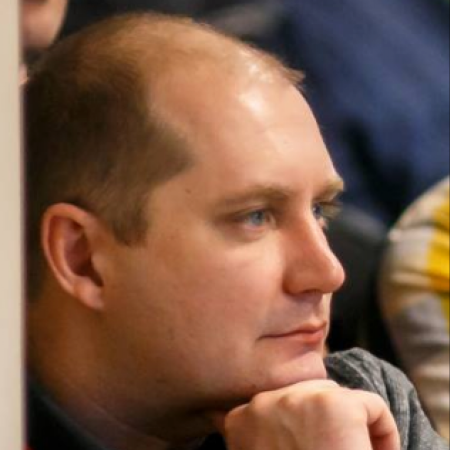About JASS
JASS (Joint Advanced Student School) is an annual international initiative to study emerging technologies using project-driven software development. The school is a place where students and professors from different countries gather for short-term, project-oriented, project-driven education in international teams. In five days, each team of students creates and delivers a finished project. The topics typically studied include mobile devices, the Internet of Things, industrial applications, autonomous mobile robotics and transportation, and virtual reality.
During JASS you will join the following activities:
Guest lectures and/or master classes on selected technologies: Lectures/classes are provided by Cyprus, German and UK professors/professionals. The main goal of each lecture is to give a good overview of the technologies; to help students to get a bigger picture of the particular domain, and to acquire a holistic comprehension of the problems, solutions, and challenges that exist.
Work on projects in joint international student teams: Students will work within joint international teams in order to develop small projects and apply their new domain knowledge to a particular sub-project. Each project is developed by the teams under supervised guidance.
The Problem
Many tools in the software allow you to safely upgrade running systems without stopping them. Almost nobody has seen search engines, social networks, streaming, and multiplayer gaming platforms stopped.
However, once we encounter systems running in the physical world, the task becomes challenging, almost unsolvable. For example, imagine a smart city where autonomous cars drive, smart traffic lights regulate traffic, and automatic monitoring systems control data flows. How do you update the software on these autonomous agents so that nothing stops and nothing fails? JASS 2023 is dedicated to studying continuous software evolution technologies for cyber-physical systems. We will put our continuous software evolution infrastructure to the test with a case study in the Duckietown model city. We will implement a context-sensitive, peer-to-peer smart city infrastructure. For example, autonomous driving cars will receive context from, e.g., smart traffic lights or smart locations and react to them.
Several international student project teams will work together in Agile mode for a week, supported by professors from TUM, LIC, and NUP universities. You will use real hardware equipment when working on projects.
Subsystems:
- Continuous Orchestration: Continuous Software Evolution in cyber-physical systems
- Smart Vehicles: Manage autonomous driving cars, peer-to-peer communication
- Context Management: Create, manage, and distribute context for smart cities




